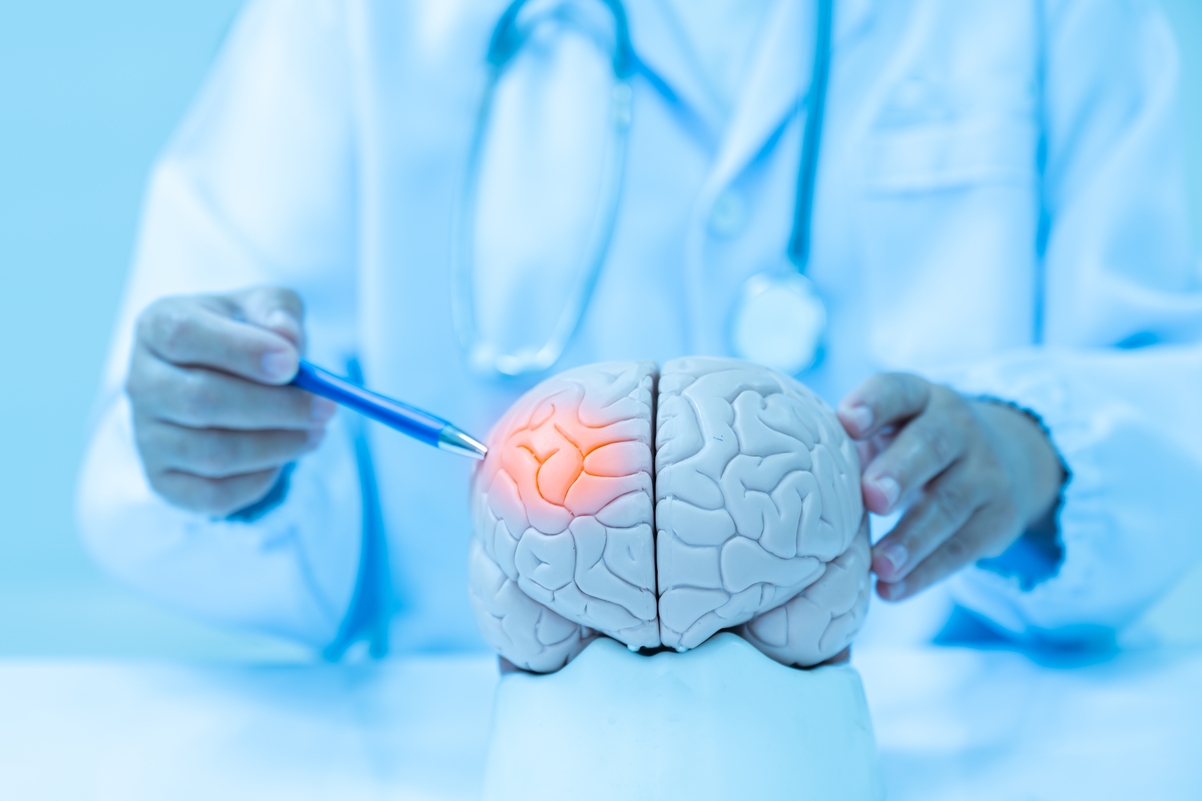
Although controversial, the practice Intermittent fastingWhich subjects people to long periods without eating, and today it is one of the most used tools by those who want to combat obesity.
Researchers in China conducted a study to evaluate the effects of this method, and the results showed significant consequences for the intestines and brains of patients.
The Chinese trial evaluated the development of 25 obese volunteers. They were followed for 62 days, and the researchers were able to closely monitor the effects of prolonged energy restriction.
Evidence found
Intestinal activity may be linked to brain changes – Image: Internet/Reproduction
The study found that participants lost an average of about 7.6 kg, or 7.8% of their body weight.
Moreover, the consequences extended to changes in brain activity and intestinal bacterial production.
According to a health researcher associated with the National Geriatric Clinical Research Center of China, Qiang Zeng, the changes observed during and after weight loss “are very dynamic and coupled over time.”
Despite the clarity, scientists have not yet been able to draw a causal relationship between these changes: Did the intestines affect the brain or vice versa, for example.
What is known is that these two organs have a close connection, leading researchers to conclude that a better understanding of specific brain regions may be the way to better control food intake.
Effects on the brain
exams for Magnetic resonance imaging It revealed changes in areas of the brain associated with regulating appetite and cravings for food.
Effects on the gut microbiome have also been linked to specific areas of the brain.
Among the changes observed are, for example, those affecting bacteria Coprocuccus comes that it Eubacterium hallii.
The belief of the scientists involved in the research is that the gut microbiome communicates in a complex, bidirectional way with the brain.
“The microbiome produces neurotransmitters and neurotoxins that reach the brain through nerves and circulation. In turn, the brain controls eating behavior, while nutrients in our diet change the composition of the intestinal microbiome, notes medical scientist Xiaoning Wang, from the Medical Center. State Geriatric Medicine of China.
Obesity on this planet
Overall, the results obtained so far are of great interest, especially for other studies evaluating reduction methods obesity.
Today, there are more than a billion people in the world who face this condition, which harms their health and makes it easier for them to develop other diseases, such as cancer and heart disease.
Therefore, understanding the connections between the brain and the gut is an important advance.

“Friendly zombie guru. Avid pop culture scholar. Freelance travel geek. Wannabe troublemaker. Coffee specialist.”






